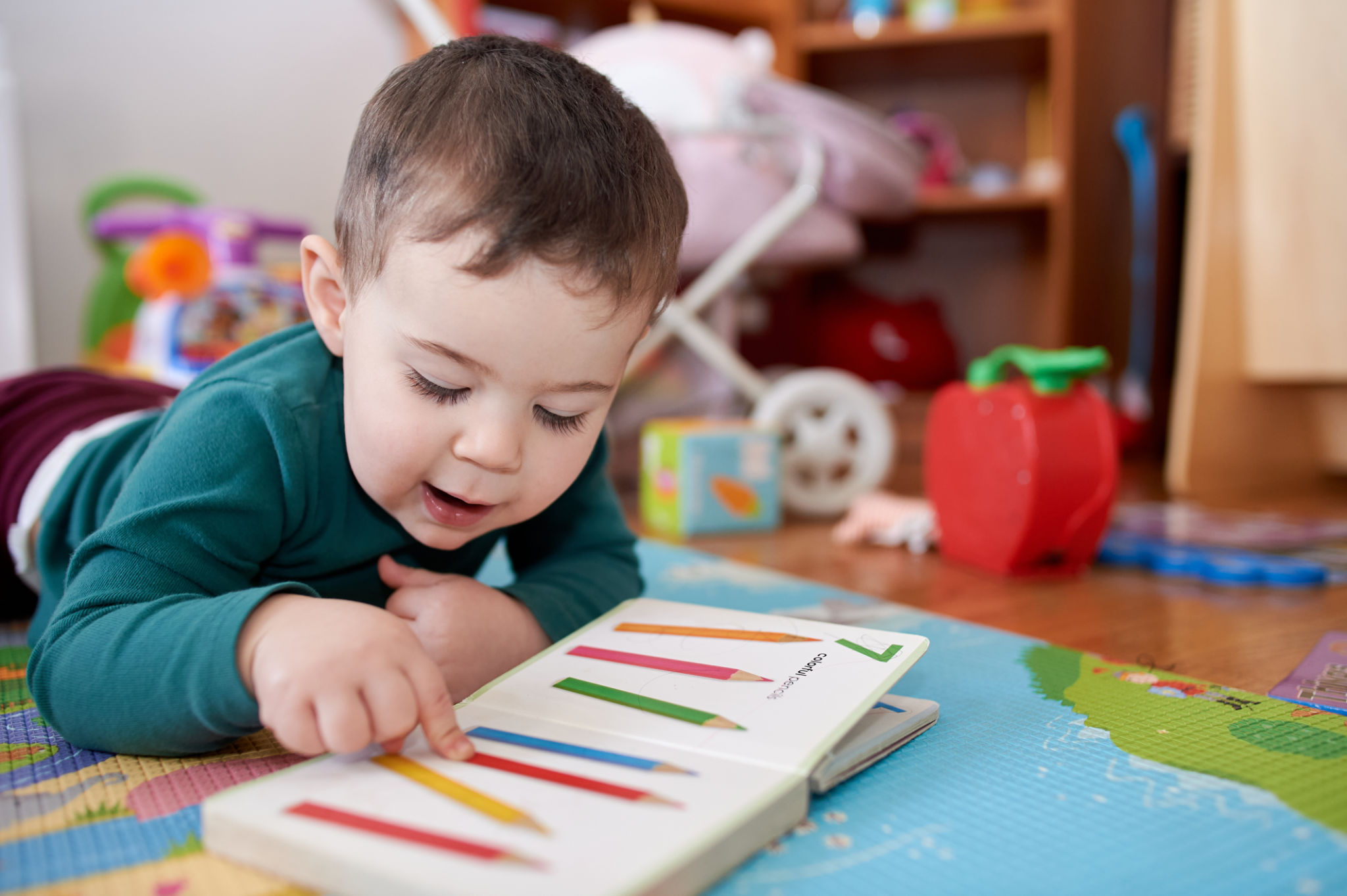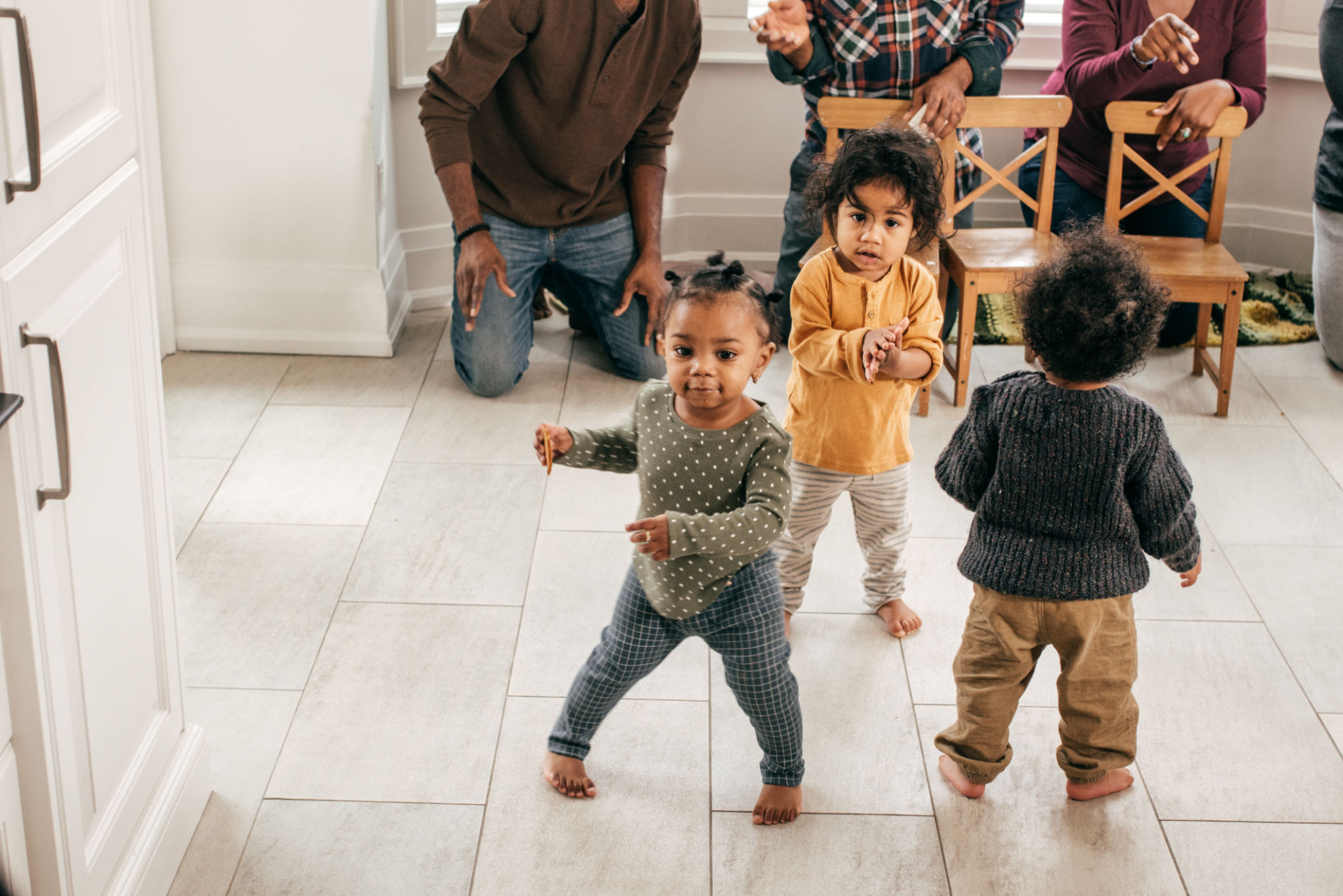How to Support Your Baby's Development in Their First Year
Understanding Your Baby's Developmental Milestones
The first year of a baby's life is marked by numerous developmental milestones. From learning to hold their head up to taking their first steps, each achievement is a crucial part of their growth. Understanding these milestones helps you provide the right support at the right time. It's important to remember that all babies develop at their own pace. While some may reach certain milestones faster, others may take a little longer, and that's perfectly okay.

Encouraging Physical Development
Physical development in the first year includes rolling over, sitting up, crawling, and possibly walking. To encourage this, ensure your baby has plenty of tummy time, which helps strengthen their neck and shoulder muscles. Gradually increase the duration as your baby grows stronger. Providing a safe environment for exploration can also stimulate physical development. Consider using toys that promote movement, like balls or push toys, to encourage crawling and walking.
Tummy Time Tips
Start with short periods of tummy time, a few minutes at a time, and gradually increase as your baby gets more comfortable. Always supervise your baby during tummy time and make it fun by interacting with them through toys or making silly faces. This activity not only aids physical growth but also boosts visual and cognitive development.
Nurturing Cognitive Skills
Cognitive development involves learning, problem-solving, and understanding the world around them. Engage your baby's senses with various textures, sounds, and colors. Reading to your baby daily, even from a young age, can foster cognitive skills and language development. Books with bright pictures and simple stories are ideal for capturing their attention.

Interactive Play
Interactive playtime is crucial for cognitive development. Simple games like peek-a-boo or pat-a-cake can teach your baby about cause and effect. Invest in toys that encourage problem-solving, such as shape sorters or stacking blocks. Remember, the goal is not just to entertain but to create opportunities for learning and exploration.
Supporting Emotional and Social Growth
Emotional and social development is just as important as physical and cognitive growth. Responding to your baby's needs promptly helps them feel secure and loved, laying the foundation for healthy emotional development. Encourage social interaction by arranging playdates or attending baby groups where they can observe and interact with other children.

Building a Secure Attachment
A secure attachment forms when you consistently meet your baby's needs, providing comfort and reassurance. This bond is crucial for their emotional well-being and impacts future relationships. Spend quality time with your baby through cuddling, talking, and playing, ensuring they feel cared for and valued.
Creating a Safe Environment
A safe environment is paramount for your baby's exploration and development. Baby-proof your home by securing furniture, covering electrical outlets, and removing small objects that could be choking hazards. Regularly check toys for sharp edges or loose parts. A safe space allows your baby to move around freely and explore their surroundings without unnecessary risk.
Staying Informed and Supportive
Always stay informed about the typical developmental milestones to monitor your baby's progress effectively. However, avoid comparing your baby's development with others, as each child is unique. If you have concerns about your baby's development, consult a pediatrician for guidance. Remember, being supportive and attentive is the best way to help your baby thrive in their first year.